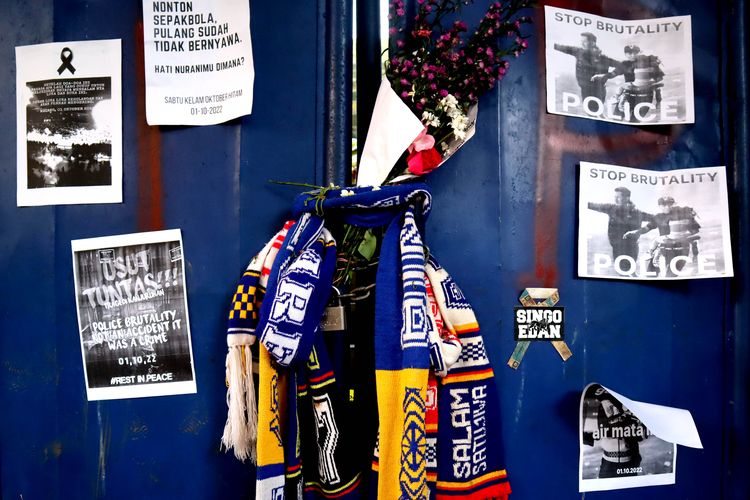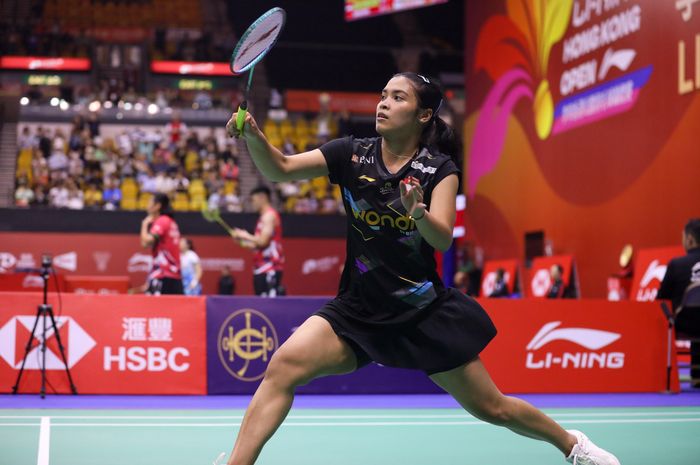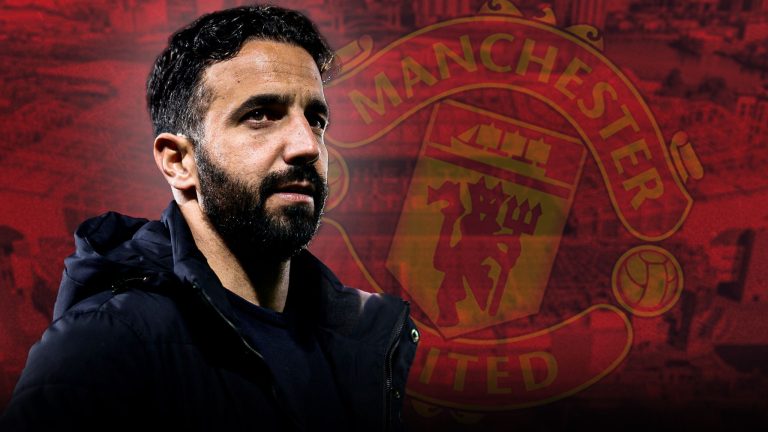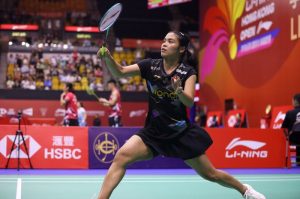A member of the Independent Fact-Finding Investigation Team (TGIPF) of the Kanjuruhan Tragedy, Anton Sanjoyo, revealed that state regulations were not in line with FIFA regulations regarding the security of football matches. Anton Sanjoyo said, under FIFA rules, security officers are prohibited from wearing full attributes while on the field. However, this is not the case in Indonesian football competitions.
This was conveyed by Anton Sanjoyo in the Indonesia Town Hall program on Metro TV entitled “There is no ball equals price of life”, Thursday (6/10/2022). “For example, the FIFA rules regarding safety in stadiums. This is just a small rule, actually on the gridiron there should be no members in police uniform. Police are allowed, but not in uniform,” said Anton Sanjoyo.
“But for a dozen years I was in the field, what I saw were uniformed police officers. In fact, under FIFA rules, police are not allowed to wear uniforms and it seems as if they are going to war with full equipment,” said Anton Sanjayo. Anton Sanjoyo explained that it was forbidden to prevent provocation views that could potentially cause chaos.
“It was as if there was a provocation from the security forces that could trigger further commotion with the audience,” said Anton Sanjoyo. “What I have seen for a dozen years is not like that. So, this is a discrepancy between state law and FIFA that must be synchronized in the future,” he added.
The rules related to security officers are stated in the FIFA regulation regarding stadium safety and security (FIFA Stadium Safety and Security Regulation). Article 19 point c states that during the match, all stewards and/or police officers must be humble and not show their prowess in public. This includes not using aggressive attributes such as helmets and shields unless necessary in the event of a threat.
It must also be based on mutual agreement. During the match, all stewards and/or police officers must maintain as low a profile as possible. This shall include:
i. Being positioned between the advertising hoardings and the stands.
ii. Where practical, being seated on chairs so as not to stand out on television or to obstruct the view of spectators unless required through a pre-agreed escalation of stance that is in direct relation to crowd behavior and an existing threat.
iii. Not wearing aggressive items (helmets, face masks, shields, etc.) unless required through a pre-agreed escalation of stance that is in direct relation to crowd behavior and existing threat.
Furthermore, Anton Sanjoyo also said that if there were incidents in the field, there must be clear records related to the actions of security officers. “In fact, in FIFA regulations, if the police act, it must be with a clear and firm record of what was done,” said Anton Sanjoyo.
“This never felt like it. As far as I know it never happened on the field. Those are small examples. We will certainly find other examples in the field,” he said. In the FIFA Stadium Safety and Security Regulation, the rules related to security records are contained in article 12, the first paragraph.
The verse states that stadium security officers are responsible for supervising and keeping all safety and security records for each match. There are 12 things that need to be noted, one of which is that if there is an incident in the field, the officer must make a complete written report detailing what happened, what action was taken and by whom, and any further action needed.
FIFA also wrote that the record must include police intervention or incidents in which police took over stadiums. The TGIPF, which was formed by the government under the leadership of the Coordinating Minister for Political, Legal and Security Affairs (Menko Polhukam) Mahfud MD, began to go out into the field to conduct an investigation on Wednesday (5/10/2022).
Based on the work plan that has been prepared, the TGIPF field activities will last until Sunday (9/10/2022). After that, TGIPF activities will proceed to the analysis and report preparation stage.
While out in the field, TGIPF plans to meet with all parties related to the Kanjuruhan Tragedy in order to determine further steps when conducting an analysis. While carrying out its duties, TGIPF also opens access to information that can be reached by all parties. Thus, TGIPF openly accepts input from various parties regarding the Kanjuruhan Tragedy.
















